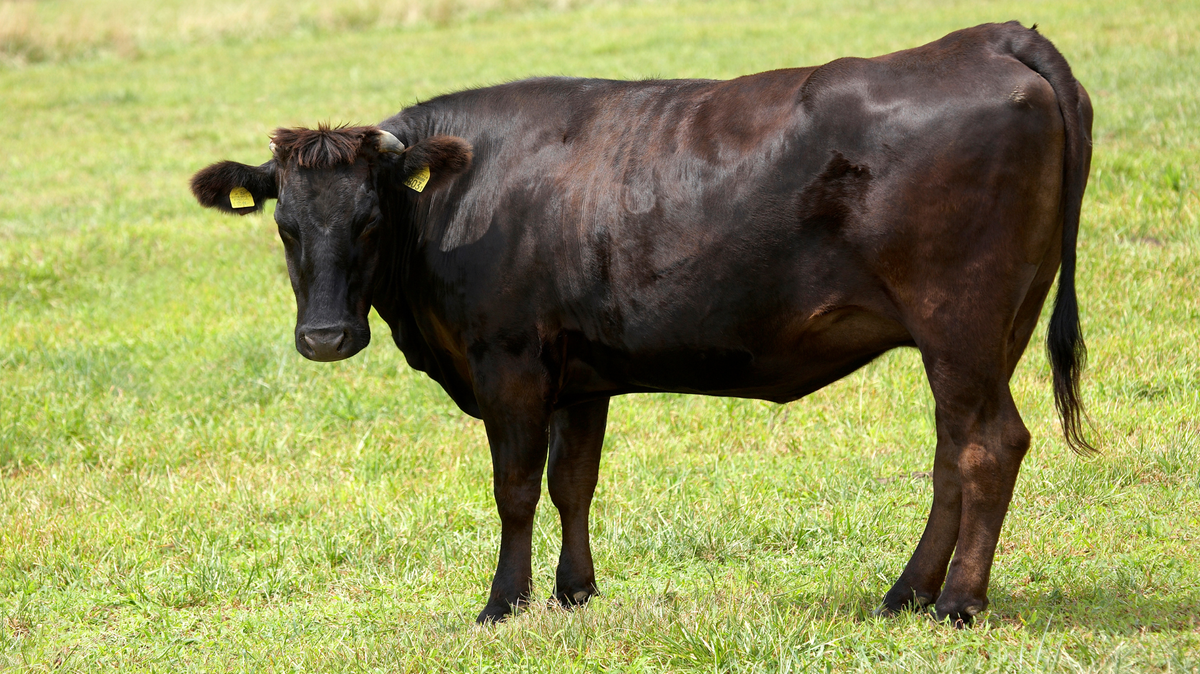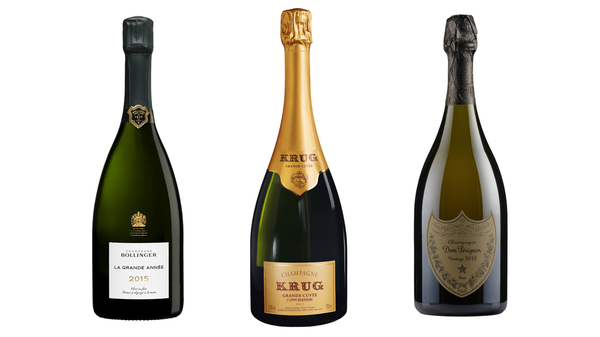The Hidden Secrets of Wagyu Beef
Wagyu beef’s unique marbling, special diet, and meticulous grading create a luxurious culinary experience unlike any other.

Wagyu beef is more than a delicacy; it represents a rich heritage and a dedication to quality. This article reveals the secrets behind its exceptional flavour and texture.
Summary
- Wagyu beef comes from specific Japanese cattle breeds known for their quality.
- Its unique marbling creates a rich, buttery texture and enhances flavour.
- Wagyu cattle are fed a special diet and receive careful treatment for optimal fat distribution.
- Rich in omega-3 and omega-6 fatty acids, Wagyu is a healthier beef option.
- Wagyu is graded for quality, with A5 being the highest, indicating superior taste and tenderness.
Wagyu beef, with its exquisite marbling and unparalleled tenderness, has garnered a prestigious reputation in the culinary world. However, the allure of this luxurious meat extends far beyond its sumptuous taste; it is a testament to the art and science of bovine husbandry. To appreciate Wagyu fully, one must delve into its origins, breeding practices, and unique characteristics that set it apart from conventional beef.
Originating from Japan, the term "Wagyu" translates to "Japanese cow," and it refers to several specific breeds, most notably the Japanese Black, Japanese Brown, and Japanese Shorthorn. Each breed exhibits distinct traits, but all share a common ancestry that has been meticulously preserved over generations. The Japanese have cultivated these cattle for centuries, not merely for their meat but as part of an intricate cultural legacy. Wagyu beef is an embodiment of the Japanese ethos of quality over quantity, emphasising a meticulous approach to farming that prioritises the health and well-being of the animals.

The secret behind Wagyu's exceptional quality lies primarily in its marbling, the intramuscular fat that appears as delicate white streaks throughout the muscle. This fat is not only responsible for the beef’s luscious texture but also plays a crucial role in flavour development. The melting point of Wagyu fat is lower than that of standard beef, allowing it to dissolve into the meat as it cooks, creating a buttery richness that is both indulgent and sublime. This unique marbling is the result of a specific diet and careful breeding practices. Wagyu cattle are often fed a specialised diet that includes grains, beer, and even massage therapy, which contributes to the distribution of fat within the muscle fibres.
In addition to its superior taste and texture, Wagyu beef is rich in omega-3 and omega-6 fatty acids, making it a healthier option compared to regular beef. The balance of these fats has been linked to various health benefits, including improved cardiovascular health and anti-inflammatory properties. As diners become increasingly health-conscious, the nutritional profile of Wagyu offers an appealing argument for its consumption.
Wagyu beef is graded based on the yield and quality of the meat, with the highest grades (A5 being the pinnacle) reserved for the most exquisite specimens. However, navigating the intricacies of Wagyu grading can be daunting for the uninitiated. Understanding the distinctions between Japanese and American Wagyu, or even within the different grades of Japanese Wagyu, is essential for those who wish to experience the full spectrum of flavours this meat has to offer.
Wagyu beef seasoning
To elevate one’s palate, pairing Wagyu with appropriate accompaniments is essential. Simple seasoning, perhaps with sea salt and cracked black pepper, allows the beef’s natural flavours to shine. Accompaniments should be chosen thoughtfully; light, delicate sauces or sides that enhance rather than overpower the meat create a harmonious dining experience.
The hidden secrets of Wagyu beef lie not only in its unrivalled taste and texture but also in the rich cultural practices and nutritional benefits that accompany its consumption. By embracing the intricacies of Wagyu, one not only enhances their culinary experience but also participates in a tradition that celebrates quality, care, and refinement. This remarkable beef invites connoisseurs and casual diners alike to indulge in a gastronomic adventure that transcends the mere act of eating, elevating it to an art form.





